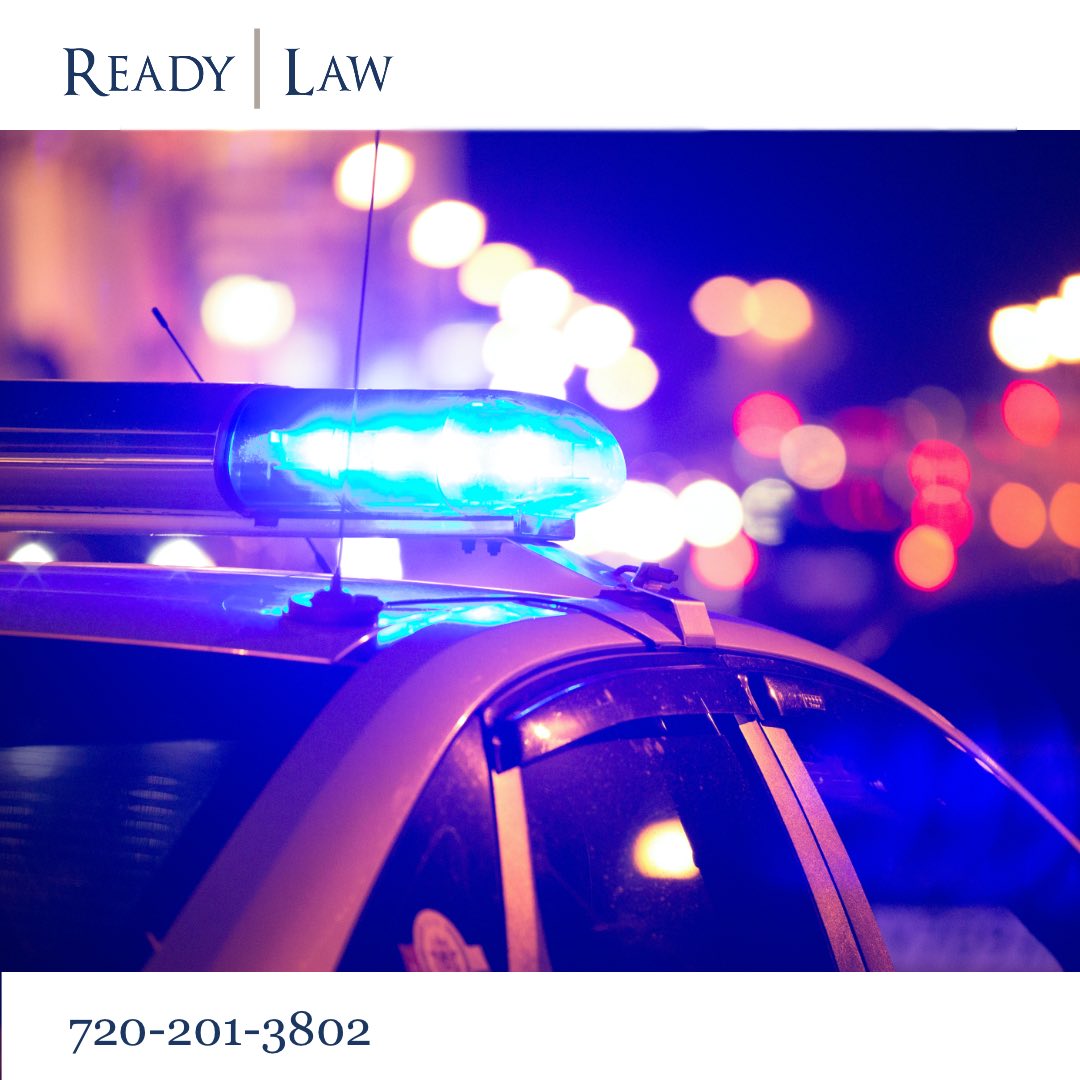Want real accountability for excessive force? End qualified immunity

When most of us do something that is reckless or careless, and in doing so cause injury to another, we are held responsible. Sometimes by the police. We could be charged with a crime for that kind of thing, or we could be sued, or both.
Police officers work within a different reality than most of us. They are required to make split-second decisions regarding use of force. That has always meant they benefit from special protections the rest of us do not benefit from.
However, there is another side of this argument. Do we not expect the person with the gun and the badge to be an expert in the use of force? Do we not expect the person given the authority and power of the government to know exactly when and how to use it to benefit the rest of us? Police must be well-trained experts in the use of force, because our governments arm them and send them out to enforce laws and protect citizens. It is understandable that legislators would want to protect police from frivolous or unreasonable lawsuits, so that they feel more free to do their jobs effectively. However, it is not understandable that the courts would implement a system that, as too often is the case right now, protects police engaged in misconduct.
The decision to charge a police officer with a crime is typically made by the government they are a part of. As can be seen by the language used in the recent criminal complaint in the George Floyd case, there is significant minimizing that goes on there, even when governments are more or less forced by the public to prosecute a case. Many never charge any crime at all. That leaves the civil justice system as the only hope for justice for many, and perhaps the better choice for most. However, qualified immunity blocks that approach too often.
Our court procedures, and the law that applies to civil lawsuits, are already set up to discourage lawsuits that lack merit. Successful lawsuits almost always require a finding that the person or company being sued acted unreasonably. Failure to do that can result in the plaintiff having to pay costs for both sides of a case. Plaintiff attorneys are generally paid a percentage of the judgment, verdict, or settlement. That almost always means they are paid based upon their ability to prove the other side acted unreasonably.
Government immunity permits governments to act unreasonably without being held accountable. It is that simple. Immunity is a policy decision that places governments outside the reach of financial accountability for negligence, carelessness, recklessness, etc., to the people they harm. The trade-off is that tax payers as a whole are “protected” from accountability too. Unless you are the taxpayer who is harmed by the government.
Qualified immunity is a form of government immunity that requires a showing of unreasonableness by the police for a civil case against an officer to move forward. However, it does not stop there. If it did stop there, it would be very similar to every other standard of negligence or recklessness. This is not just about whether a particular officer acted reasonably given all the circumstances, including timing, danger to self or others, etc. That would be the kind of argument a person would expect to hear in any case, and all those arguments can still be made without the need for qualified immunity.
As it is, qualified immunity is too often applied by the courts in a manner that requires a previous case just like the one before the court. This is done in the form of a “notice” requirement. The caselaw governing qualified immunity very clearly states there is no requirement for a previous case to be just like the one before the court for the case to move forward. However, too many courts are requiring just that. That requirement is circular, because some courts are essentially legalizing excessive force and other wrongful acts by their application of this policy.
The very real result of how qualified immunity is too often applied is that cases most people would agree involve terrible acts by police officers are dismissed under the pretense that the officer wouldn’t have known their act was not legal if there was not a case just like this one already on the books.
As it is currently applied in too many cases, qualified immunity protects police officers who have unreasonably used excessive force. That includes officers who have violated universally acknowledged police procedure. Every year, police shoot people they should not have shot. The experts can agree the shooting was objectively unreasonable or a violation of the standard, or a lack of training, or all of the above. Even so, lawsuits against these officers are regularly dismissed because qualified immunity is being applied in a way that protects them.
Unreasonable conduct gets a free pass. Officers escape accountability.
The people protesting the murder of George Floyd across our nation and the world are expressing a building frustration with the lack of accountability they see. It is insult to injury that those who have lost loved ones are powerless to seek justice because of policies like qualified immunity. Expecting better of the people our government hands out guns and military-grade equipment to is not enough. The cost of hoping for the best has been too high and is only getting higher. Accountability is the answer for police, just as it is for everyone else. Most police officers would probably agree that personal accountability for wrongdoing is what their business is all about.
Change this policy. End qualified immunity. Empower those who are harmed by police to use the civil justice system to hold those who behave carelessly or recklessly accountable.
